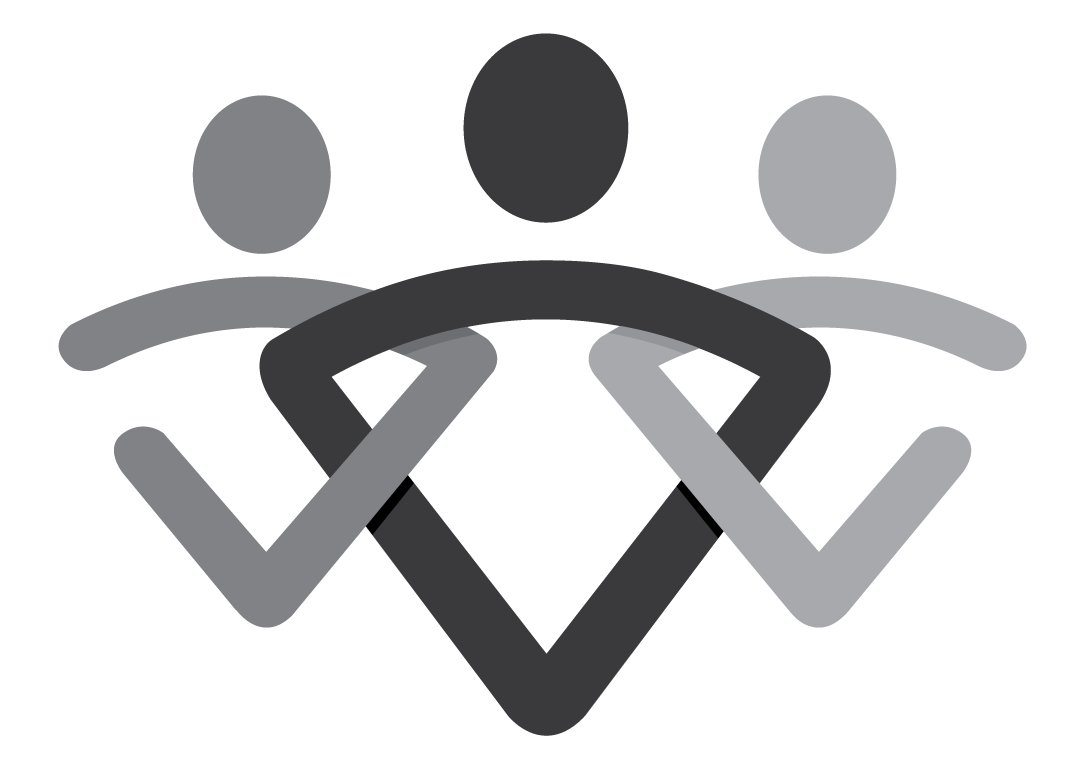
GUIDE: What is PTSD?
Coping with Post Traumatic Stress Disorder (PTSD) impacts a person’s everyday life and their closest relationships. Many people dealing with PTSD find the experience isolating; when it’s hard to explain the emotions you deal with daily, you turn inward and are left to fight the battle on your own.
In my two decades as a therapist, I’ve guided clients through the aftermath of many traumatic events, and their experience all holds a common theme– they struggle to express the complex emotions brought on by PTSD. In this article, I will provide insights into PTSD, exploring its definition, symptoms, triggers, and coping methods to help manage this complex disorder.
What is PTSD?
Posttraumatic stress disorder (PTSD) is a psychiatric condition that arises after an individual experiences a traumatic event, often involving a life-threatening situation or intense fear associated with a severe injury.
What causes PTSD?
The onset of PTSD is unique to each individual and may occur following a stressful, frightening, or distressing event, or after enduring prolonged trauma. Some of the situations that can trigger PTSD include:
- Combat and other military experiences
- Sexual or physical assault
- Child sexual or physical abuse
- Learning about the violent or accidental death or injury of a loved one
- Serious accidents, like a car wreck
- Natural disasters, like fire, tornado, hurricane, flood, or earthquake
- Terrorist attacks
How does PTSD affect daily life?
Recognizing common signs and symptoms can assist individuals in expressing their PTSD feelings, helping loved ones understand and support them through unexpected emotions.
6 Things Someone With PTSD Might Say
“Sometimes I feel as if I’m listening to a faulty fire alarm, uncertain whether it’s signaling a real emergency or just a drill.”
Someone who says this may be experiencing Hyperarousal, a significant symptom of PTSD, which profoundly impacts every aspect of life. With the repeated activation of the fight-or-flight response, there’s a constant state of tension, leading to a continuous feeling of suspicion and panic. This can quickly evolve into paranoia and irritability, often accompanied by difficulty falling asleep.
“Negative thoughts and emotions haunt me spontaneously.”
PTSD can affect overall mood and perspective, influencing interactions with others and taking away the ability to find joy in the simple pleasures of life.
“I feel emotionally detached and empty.”
To avoid being hurt again, individuals with PTSD may mentally and emotionally block out feelings, or disconnect entirely, from emotional responses such as joy and sadness. This leads to a sense of despondency and isolation, ultimately causing individuals to feel hopeless and unable to envision happiness.
“I feel as though I’m moving through life with a relentless shadow echoing the dark memories of my past.”
Oftentimes coming in the form of dreams or nightmares, individuals with PTSD may unexpectedly encounter intrusive memories or flashbacks linked to the traumatic event. Originating from personal experiences and echoing past fears, this experience is distressing, disruptive, and can have lasting effects on the mind and body.
“I try to avoid experiences that remind me of the event.”
Individuals experiencing PTSD might avoid situations, places, or activities that trigger memories or flashbacks of the traumatic event. This can restrict their ability to participate in social, work, or recreational activities.
“I get nightmares throughout the night.”
Research conducted at the National Institutes of Health has documented a notable connection between sleep disturbances and PTSD. Approximately 80-90% of individuals with PTSD experience symptoms of insomnia, and 50-70% experience nightmares more than five times a week. Other sleep disorders such as disordered breathing, periodic leg movement disorders, and other parasomnias can also be revealed leaving those with PTSD feeling fatigued, irritable, and struggling to concentrate during the day.
“I’m always stressed and anxious.”
With unexpected feelings of negativity consistently surfacing in interactions and life events, chronic stress is not uncommon. This can contribute to various physical health issues including headaches, sweating, heart palpitations, anxiety, panic, gastrointestinal problems, and increased susceptibility to illnesses.
PTSD Misconceptions

“I’m not Weak”
PTSD is a psychological response to trauma. Individuals with PTSD are not less resilient or strong than those who have not experienced trauma.
“I’m not Helpless”
If PTSD becomes too overwhelming and doesn’t seem to improve over time, various therapies can be effective in managing symptoms and improving quality of life. Some treatments may include:
- CBT (Trauma-focused cognitive-behavioral therapy)
- EMDR (Eye movement desensitization and reprocessing)
- Psychodynamic Psychotherapy
- Medications
“I’m not Rare”
PTSD is more common than many people realize. According to PTSD United, 70% of people in the United States will experience traumatic events at least once in their life. And for up to 20% of those who go through trauma, 6% of the general population will develop PTSD. It can affect individuals of all ages, backgrounds, and demographics, with the prevalence varying depending on the type and frequency of traumatic experiences.
“I’m not You”
Not everyone who experiences trauma will develop PTSD. Factors such as the trauma’s nature, individual resilience, and the availability of support systems can influence how the mind and body respond to stress.
What are PTSD triggers?
Sights, smells, sounds, or thoughts can trigger vivid memories and force individuals to relive traumatic experiences. Examples of PTSD triggers might include:
- Anniversaries
The anniversary of the traumatic event or specific dates associated with it can be emotionally challenging. - Sounds
Hearing specific noises, songs, voices, words, or phrases related to the trauma can be triggering. For example, casual conversations or media content may contain language that evokes distressing memories. - Over-stimulation
Large crowds or social gatherings can be overwhelming for individuals with PTSD. - Feelings
Unexpected physical contact or sensations such as pain can serve as triggers. For survivors of assault, a touch on a certain body part may lead to a flashback. - Taste
Eating or drinking something that was consumed when the trauma occurred can remind an individual of the traumatic event. - Media
Catching a glimpse of a news story that depicts a similar situation to a traumatic event can evoke similar feelings.
Positive coping methods for PTSD
Positive coping methods can help manage symptoms, improve well-being, and increase productivity.
Practice grounding techniques
Stay connected to the present moment and reduce the intensity of distressing thoughts or memories by practicing grounding techniques such as:
- Deep breathing
Ease worry, lower blood pressure, and relax tense muscles by practicing abdominal breathing. Blow away stress one deep breath at a time. - 5-4-3-2-1 Technique
Activate senses by identifying and describing “five things you see, four things you touch, three things you hear, two things you smell, and one thing you taste.”
- Establish a self-care routine
Taking the time to do enjoyable activities like walking in nature, attending a yoga class, listening to quiet music, or reciting a prayer will provide stability and promote well-being.
- Maintain supportive relationships
When survivors tell their stories, open doors of communication, and express their needs and wants, they’ll feel less alone and more understood. It's important not to isolate, but to establish and maintain supportive connections with others.
While PTSD can be a difficult mental health condition to live with, there are many coping mechanisms and evidence-based treatment options available to help you successfully overcome a PTSD diagnosis. When PTSD starts affecting your sleep and interfering with your daily routines and relationships, seeking the assistance of a professional can be beneficial.
Take the First Step in Overcoming Your PTSD
If you or a loved one seeks support in managing their PTSD, Creating Connections Counseling in Pittsburgh & Wexford, PA offers both in-person and virtual therapy for Trauma and PTSD. Our team of skilled clinicians can evaluate and develop a personalized plan that helps reclaim a fulfilling life. Contact us today at (412) 229-7353 or fill out our online intake form to get started.
Catia Fath, NCC, LPC is a therapist with 20 years of experience helping adults manage anxiety, depression, personality concerns, and relationship concerns.

